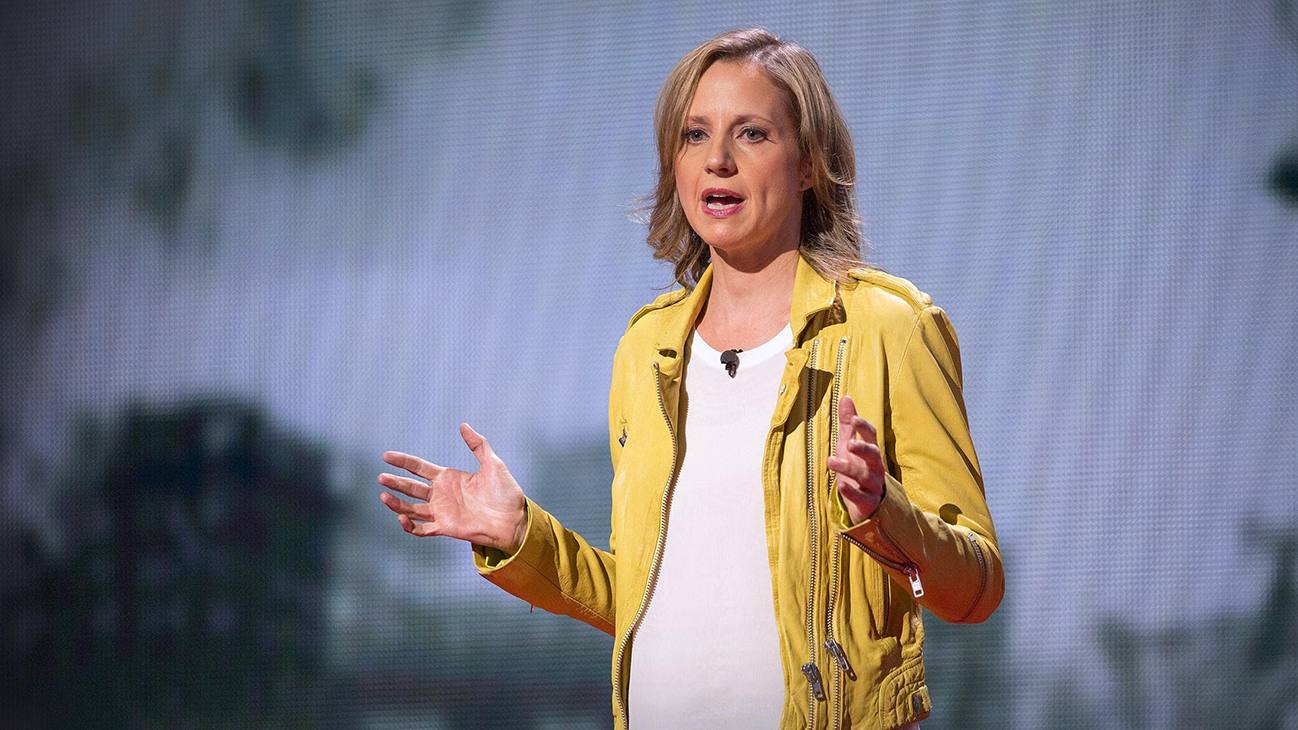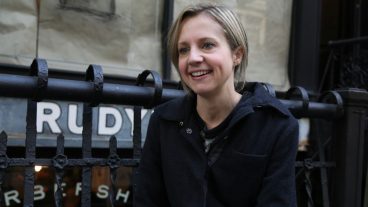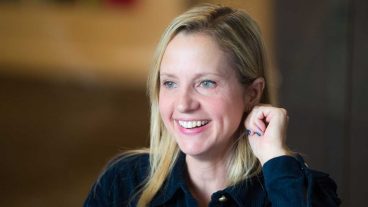Dr. Samantha Nutt has dedicated more than 25 years to providing humanitarian aid to war-torn countries and she has been at the front lines of many of the world’s major crises. In 1999, she founded the internationally renowned non-profit War Child that is dedicated to working with children across the world to break the cycle of poverty and violence.
Dr. Nutt was recently profiled in the online journal Merion West where she discussed her beginnings in humanitarian aid, the effects of “poverty tourism,” and her organization’s work to combat sexual violence against women and young girls in violence-ridden countries.
Below is an excerpt from her insightful interview with writer Erich Prince, read the whole profile here.
Erich: Can you discuss some of your previous criticisms of organizations that seek to sensationalize the volunteer experience and War Child’s effort to distance itself from this approach?
Dr. Nutt: I would say that’s more my individual criticism. War Child, as an organization itself, doesn’t have a particular opinion on this issue. For me, as somebody who also teaches in this field and writes about these kinds of issues, the overwhelming emphasis has to be on the capabilities and capacities of local community organizations. These are the people who are doing extraordinary things against all odds. When we portray those overrun with poverty as helpless, hopeless victims that are waiting for some foreign savior to come in and rescue them, we are doing—I think—the humanitarian movement a disservice.
We are feeding people in a way that I think is, frankly, outdated and really not the type of progressive development that is inclusive and respectful of those local partners. We can’t make a spectacle out of poverty by constantly portraying people as helpless—because they aren’t. They are absolutely extraordinary and amazing. They want and deserve those opportunities, so every foreign volunteer or earnest student will go and erect a classroom. The sad reality is that this is taking away the opportunity for young people and others within those communities to do that work themselves.
…
Erich: I remember the first time I heard the phrase “poverty tourism,” and that really made quite an impression on me. Is that what some of this is?
Dr. Nutt: Whether you want to call it, “poverty tourism” or “voluntourism,” there’s no question that people are coming at this from a really great, earnest, thoughtful place. They want to give back, they want to help out, but the mistake is in presuming that the most effective and transparent way of helping is to do the work ourselves—to get on a plane to see and participate in it being done. That’s the model for development, but the truth is that’s not the case.
The best model for development fosters an environment where those local community groups have the tools, resources, training, and opportunity to do that work themselves. That’s the best development model. It’s not dependent upon the expertise and goodwill of outsiders. Rather, it fosters the capacity of those within those communities. I’m not so cynical as to believe that people are doing work for their own reasons. I think people are genuinely motivated to do the right thing, except they often, at times, don’t really [have the expertise] to make informed choices.
I distinguish very much between the kind of endeavor that is thoughtful, longitudinal, respectful, progressive, and informed, and the kind of opportunism you get with sometimes even for-profit corporations that you pay money to for a feel-good experience.
My message to those people that I’m constantly hitting at is that there’s nothing wrong with being a tourist. Go spend your money in local markets, women’s cooperatives and give a boost to the economy. We know the Caribbean nations reeling from hurricanes last season are desperate for those kinds of tourist dollars. You’re already doing something good in that case, and don’t need to, in the process, unwittingly take jobs and opportunities away from local people.
Dr. Nutt is one of the most original and influential voices in the humanitarian arena. Interested in learning more about her and what she can bring to your next event? Email [email protected].




